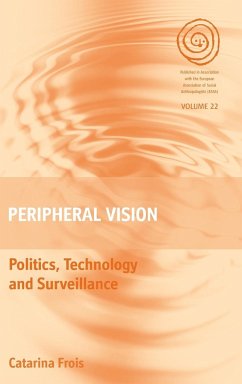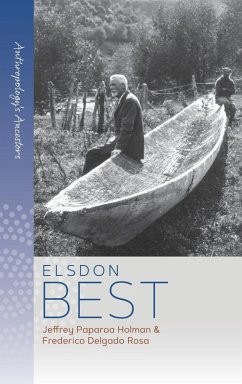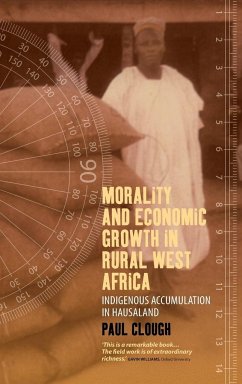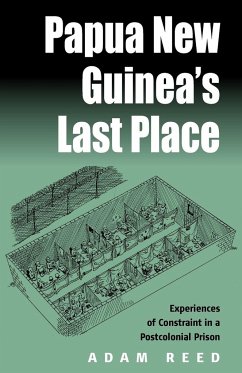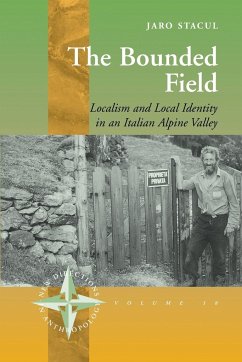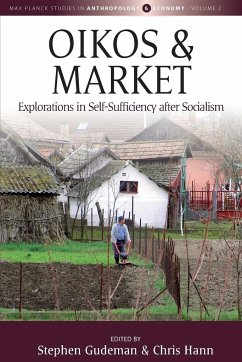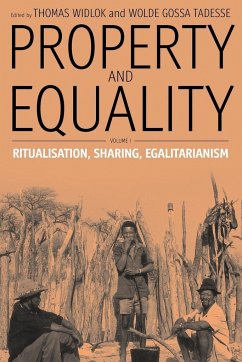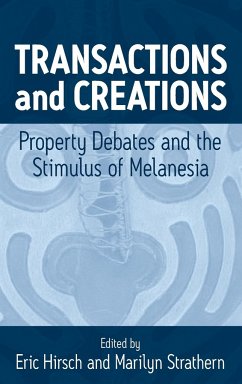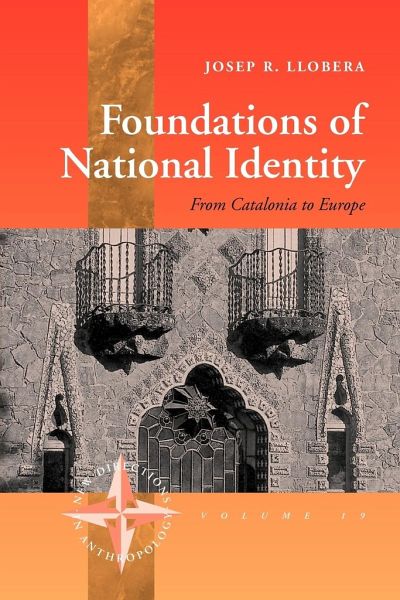
Foundations of National Identity
From Catalonia to Europe

PAYBACK Punkte
19 °P sammeln!
Since it emergence in the 19th century in response to feudalism, nationalism has been a mixed blessing. Originally seen as a positive force, often enough it has resulted in warfare and persecution of minorities, so much so that, over time, it has been considered a social evil whose apparent decline has been greeted as a positive development. The author disputes this or rather, he maintains that the picture that emerges is more complex: nationalism is not disappearing but has taken on a different form. What we are experiencing is an increasing autonomy of ethnonations, i.e. nations without a st...
Since it emergence in the 19th century in response to feudalism, nationalism has been a mixed blessing. Originally seen as a positive force, often enough it has resulted in warfare and persecution of minorities, so much so that, over time, it has been considered a social evil whose apparent decline has been greeted as a positive development. The author disputes this or rather, he maintains that the picture that emerges is more complex: nationalism is not disappearing but has taken on a different form. What we are experiencing is an increasing autonomy of ethnonations, i.e. nations without a state, in the wake of a weakening of the multinational states and the transfer of their sovereignty upwards, in the case of Europe to the federation of the European Union, and downwards to the "ethnonations." Catalonia is the major case study in this book but it is embedded in a comprehensive theoretical framework as well as the historical and contemporary reality of Europe, opening up a new perspective. The author, one of the foremost scholars in this field, brilliantly succeeds in developing an original, clear and comprehensive vision of nationalism that is accessible to a wide readership.




